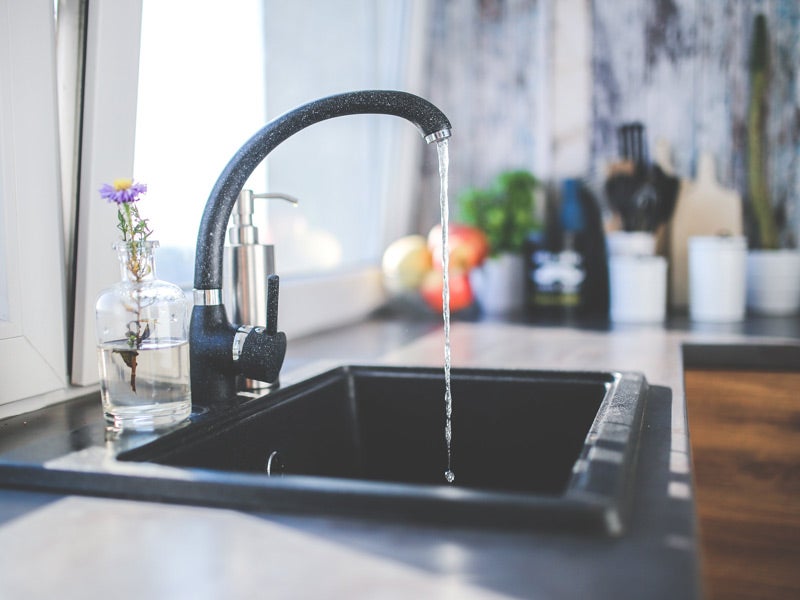Why You Shouldnt Throw Grease in Your Kitchen Sink

In the bustling heart of every home, the kitchen sink stands as a silent witness to countless culinary adventures and daily chores. It’s a hub of activity where dishes are washed, vegetables are chopped, and memories are made. But in the midst of this culinary chaos, a common question often arises: Is grease good for the kitchen sink?
Picture yourself in the kitchen, facing the aftermath of a culinary masterpiece. The temptation to take the easy route and let the grease slide down the sink is real. But here’s the inside scoop: Your sink deserves better. It’s the unsung hero of your kitchen, dealing with everything from tomato sauce splatters to leftover food scraps. Don’t burden it with the added challenge of battling solidified grease.
Let’s discuss the consequences of pouring grease in the kitchen sink in detail:
Why You Shouldn’t Pour Grease Down the Drain
When you pour grease down your drain, you might not immediately notice any adverse effects. It seems convenient at the moment, especially when you are trying to dispose of leftover cooking oil from a pan. However, this seemingly harmless act can lead to serious consequences for your plumbing and the environment.
To understand what happens when you pour grease down your drain, let’s delve into the science of it:
Grease, often in the form of oils and fats, is a major component in many cooking processes. It looks harmful in its liquid state, which is why you so casually pour it down the drain, but as it cools, it undergoes a transformation.
The primary issue arises as the grease begins to solidify. Unlike other substances that might flush away easily, grease sticks to the walls of your pipes. Over time, this can lead to the formation of what is commonly known as a “fatberg.” A fatberg is a congealed mass of fat, oil, grease, and other non-biodegradable items that accumulate in sewer systems.
As the grease builds up, it creates a blockage, restricting the flow of water through the pipes. This can result in slow drainage and, in severe cases, complete blockage. When pipes become clogged, it puts additional strain on your plumbing system, potentially leading to leaks, bursts, or other serious issues.
Aside from the immediate impact on your plumbing, pouring grease down the drain has broader environmental consequences. Wastewater treatment facilities are designed to handle organic waste, but grease doesn’t break down easily. The accumulation of grease in the sewer system can overwhelm treatment plants, leading to inefficiencies in the treatment process.
Moreover, when grease enters natural water bodies, it can have detrimental effects on aquatic ecosystems. The grease forms a layer on the water’s surface, reducing oxygen exchange and sunlight penetration. This negatively impacts aquatic life, disrupting the balance of the ecosystem.
Grease Doesn’t Wash Away
Grease and drains are a notorious pairing that can lead to a host of problems for homeowners and municipal sewer systems alike. This issue is a common one and can cause blockages, backups, and even environmental hazards.
A common misconception about grease is that if you pour it down the drain and wash it away with hot water and soap, it won’t coat the pipe’s walls. Not true! As mentioned earlier, grease and water do not mix well. The former floats on the latter, still alive and kicking.
Municipal Sewer Issues
Grease doesn’t just damage individual plumbing systems but also poses a significant threat to municipal sewer systems. When many households dispose of grease improperly, it accumulates in the main sewer lines. Over time, this can result in large blockages that affect entire neighborhoods or communities. The cost of clearing these blockages falls on municipal authorities.
It’s Too Late
So, you already poured grease down the kitchen sink. In fact, you have been doing this for a while and only now learned of its consequences.
The first thing you should do is try the hot water and soap trick. While it won’t remove the greasy clog, which is probably now blocking your sewer line, it will help clear the new liquid grease that you just got rid of.
Next, call for plumbing services in Spotswood to inspect your kitchen’s drain pipes.
What Else You Shouldn’t Throw in the Kitchen Sink?
The garbage disposal isn’t your friendly neighborhood drain cleaner for keeping the pipes clear. Yes, it helps grind food into tiny pieces, but some things belong in the trash only. These include:
- Coffee Grounds: These can accumulate in the drain pipe and create a thick sludge, clogging your sink.
- Eggshells: The thin membrane inside the shell can wrap around other debris, forming blockages.
- Pasta and Rice: When pasta and rice absorb water, they expand, potentially causing blockages.
- Fruit Peels: While small fruit bits might not be an issue, larger peels can tangle, causing obstructions. Consider composting fruit peels.
- Bones: Despite being hard, bones can damage your garbage disposal and may not break down easily in your plumbing.
How to Dispose Grease
- Allow the grease to cool and solidify before disposal.
- Choose an appropriate container for collecting the solidified grease. It’s advisable to use a non-recyclable container. (You can use an old coffee can or a disposable plastic container dedicated to grease disposal.)
- Use a paper towel to wipe out excess grease in the pot or pan.
- Store the sealed container in the refrigerator to allow the grease to solidify further.
- You can then take out the greasy block from the container and dispose it in a garbage bag or check with your local waste management center to see if they have specific guidelines for grease disposal.
In conclusion, the habit of pouring grease down the kitchen sink is best left in the past. While it might seem like a quick fix, the long-term consequences can be a real headache. So, next time you are faced with a greasy pan, think twice before sending it on a slippery journey down the drain. Your kitchen sink will thank you, and you will be one step closer to smoothly maintaining a culinary haven.
Trust Bob Hoegler Plumbing LLC. to Solve Your Plumbing Problems
With more than three decades of experience, Bob Hoegler Plumbing LLC. is well-versed in tackling any type of plumbing challenge. From minor fixes to major overhauls, we have the knowledge and skills to get your plumbing in Manalapan back in shipshape.
Your satisfaction is our priority. Don’t take our word for it—check out our website to know what our customers have to say. Contact us today at 732.595.2078 to schedule your service. Our plumbing team is standing by, ready to bring reliable solutions to your doorstep.
RECENT POSTS
categories
Archives
2024
2023
2022
2021
2020
2019
- December (2)
- November (2)
- October (2)
- September (2)
- August (2)
- July (2)
- June (2)
- May (2)
- April (2)
- March (2)
- February (2)
- January (2)

